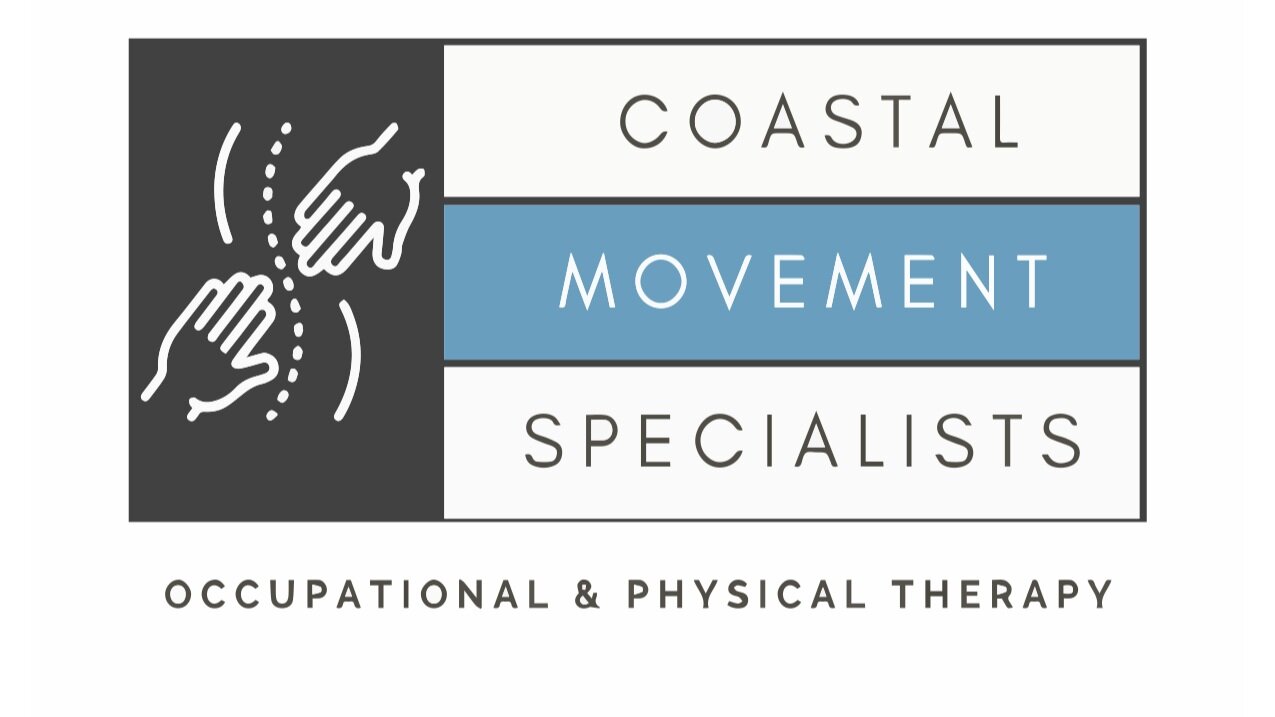Plantar Fasciitis Physical Therapy
Foot and heel pain caused by plantar fasciitis are common reasons people seek physical therapy. This condition affects men and women of all ages and is not limited to athletes. At Coastal Movement Specialists, our physical therapists can help relieve your pain so you can return to the activities you enjoy. Learn more about plantar fasciitis physical therapy below, and contact us today to schedule an appointment in our Johns Island, SC office.
What is Plantar Fasciitis?
A thick, fibrous band of tissue connects the heel to the ball of your foot. This band, known as the plantar fascia, helps support the arch of your foot and absorbs shock when you walk, run, or place other stress on your foot. When you damage the plantar fascia through overuse, it loses some of its elasticity, becomes inflamed and painful, and no longer functions to protect your foot. This common condition is known as plantar fasciitis.
+ What Causes Plantar Fasciitis?
There are several possible causes of inflammation and pain in the plantar fascia, including:
- Running or walking long distances
- Carrying too much weight
- Structural foot problems including flat feet or high arches
- Intense running or jumping
- Shoes with poor support
- Standing for extended periods
+ Signs & Symptoms
The pain caused by plantar fasciitis can be intense and occur suddenly or dull and gradually develop. Typically, it results in a stabbing pain felt in the heel and tenderness along the arch of your foot. If you have plantar fasciitis, you may experience pain:
- That is worse in the morning when you take your first steps after walking
- When you climb stairs
- After activities that require running and jumping
- When you walk barefooted or in shoes that don’t provide adequate support
- After beginning a new walking or running program
- When you stand up after sitting for a long time
+ Can Plantar Fasciitis be Prevented?
There are several guidelines to minimize your risk of plantar fasciitis, such as:
- Maintain healthy body weight
- Strengthen and stretch calf and foot muscles
- Replace running, walking, and exercise shoes regularly
- Wear shoes with adequate arch support and a proper heel height
- Include a warmup and stretching time before exercising
+ How is it Diagnosed?
Your doctor may perform a thorough medical history and physical examination to diagnose your condition. The physical exam may include:
- Pressing on the heel area and arch of your foot
- Gently bending your ankle to move the foot toward your leg
- Gently moving your toes toward your ankle
+ How Can PT/OT Help?
Our therapists are trained to treat plantar fasciitis to decrease your pain and help you return to an active lifestyle. We use stretching, therapeutic exercise, and strengthening exercises to minimize your symptoms and help prevent a recurrence.
Schedule an Appointment
Located in John’s Island, SC, Coastal Movement Specialists serve the entire Charleston area. Contact us today to schedule an appointment with our experienced physical and occupational therapists to discuss how we can help alleviate your foot pain.

